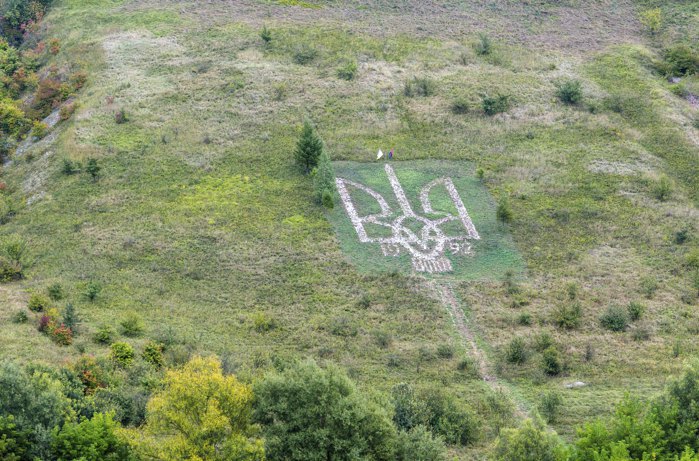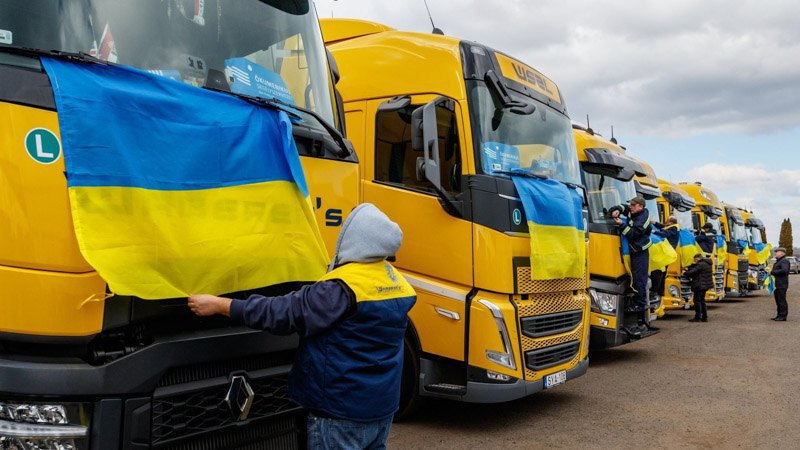
After decentralization, the local authorities were dispersed in a good way. Now there are no regional "governors" who could "hand over" to the enemy one or another region. Every community in our country has clear pro-Ukrainian positions and is not going to give up on the invaders. Therefore, even with the seizure of regional centers, the Russians will not be able to maintain control over the territories of the communities.
This best demonstrates the example of the Kherson region, which, unfortunately, is almost all temporarily occupied, including its regional center - Kherson. Despite this, the Russians do not manage to establish administrative control over the communities of the region. The local authorities made it clear to the invaders that nobody is going to betray the Motherland. This is also the position of the communities that are now feeling the full brunt of the occupation. Powerful waves of rallies take place throughout the Kherson region. In Kherson, Henichesk, Novooleksiivka, Novotroitske, Kakhovka, Nova Kakhovka, Skadovsk, dozens of villages and settlements, citizens of which almost every day come out to tell the Russians that no one is waiting for them here.
The same things are happening in other communities of Ukraine, which directly took on the military strike of the occupiers. Thus, at the request of the Russians to hand over to them Irpin, the city next to Kyiv, the Mayor, Oleksandr Markushyn said: "I am surprised that these jimmies still did not understand - Irpin does not give up, Irpin is not for sale, Irpin is fighting! I make the invaders a counter offer - within 24 hours to leave the territory of the Irpin community and preserve the life and health of several thousand Russian conscripts."
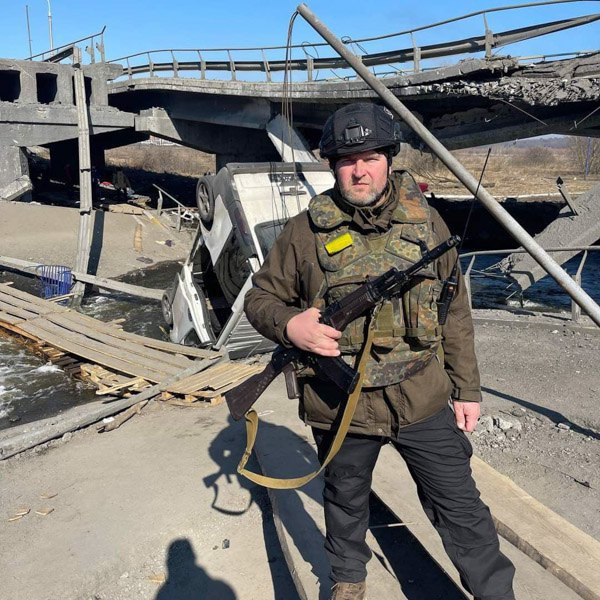
Mayors and local deputies are real leaders of communities in Ukraine
Even before the full-scale war with russia, the level of trust in local authorities among citizens was one of the highest among other institutions in our country. After February 24, this trust could only be strengthened, as the local authorities became even closer to the people. Today, the Heads of the Communities and local deputies are real leaders in their communities. This was understood by the occupiers and they began to kidnap and torture the Heads of Communities and local deputies so that the latter could cooperate with them.
However, despite the threat to life and health, local government officials are not going to hoist the white flag. We remember the kidnapping of the Mayor of Melitopol, Ivan Fedorov, the Mayor of Skadovsk, Oleksandr Yakovliev, the Mayor of Dniprorudne, Yevhen Matveiev, and the murder of the Head of the village of Hostomel, Yurii Prylypko. There are already dozens of such cases, but they do not give the result to the russians: the method of russian terror in Ukrainian communities does not work.
Of course, along with selfless and patriotic local politicians, there are those who are ready to betray. For example, in the temporarily occupied city of Enerhodar, the local deputy from the Opposition Platform — For Life, Andrii Shevchyk said that he created a "self-organization council of the city," and declared himself its leader. And in Melitopol, the local deputy from the Opposition Unit, Halyna Danylchenko called herself the "Mayor" and began to cooperate with the occupiers.
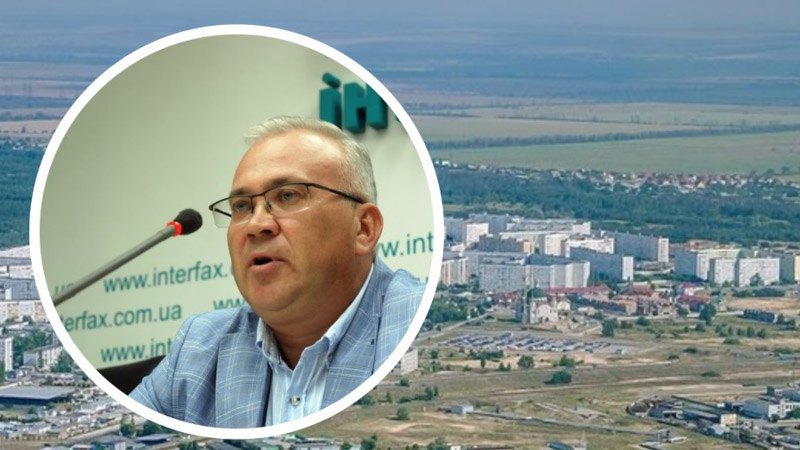
However, this should not be taken too seriously - such collaborative politicians are a minority, and each of them will be severely punished by our state during or after the war. Recently, the People’s Deputies adopted a number of laws strengthening criminal liability for collaborationism. Now high traitors will face imprisonment for a period of 10 to 12 years.
Communities fight for victory in the rear
Local authorities manifest themselves as best they can not only on the front line or temporarily occupied territories but also far from active combat actions. And this deals with small communities and large cities. Here we are talking about everything: from helping our Armed Forces to hospitable receiving of internally displaced persons (IDPs).
Thus, 460 IDPs have already been received by the small Voinylivka Village Territorial Community in the Ivano-Frankivsk region. All displaced persons are fed for free three times a day, give out clothes, necessary hygiene products, sweets, etc. Mariana Masliak, the Head of the Community, answered: "People have been settled in our medical school. We equipped it as much as possible for living, that is, people sleep on beds, not on the floor. We have mattresses, pillows, blankets, bed linen, a boiler with hot water, equipped with a shower. Also, local citizens received immigrants to their private homes, two-room apartments. Everyone was very adequately received."
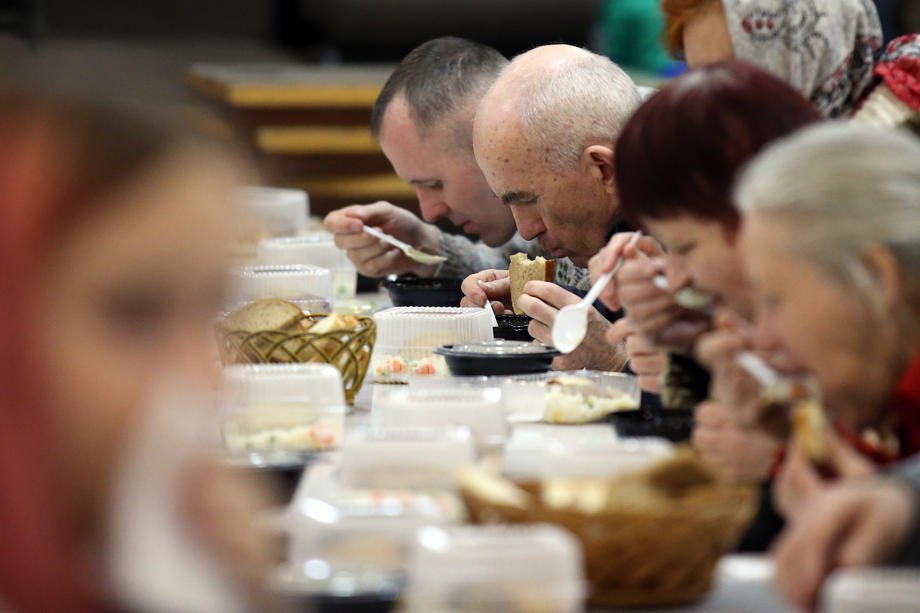
The community is constantly working to help both IDPs and the Armed Forces of Ukraine. According to the Head of the Voinylivka community, "people help, collect the necessary for both the army and IDPs. In the village, people bring what they can: milk, potatoes, and let people take a shower if the shower does not work. And if there's something urgently needed in a military unit or in territorial defense, for example, medicine, we put a word out, close the need and bring everything to the guys."
In the Volyn region, where the situation is more challenging due to the threat of an attack by Belarus from the north, local government bodies (LGBs) together with the Armed Forces of Ukraine, the territorial defense, and the police are preparing to repel the invaders. Yurii Bosniuk, Secretary of the Lubesh Village Council, says that everything changed in the work of the LGBs after russia fully entered the territory of Ukraine. However, the local authorities continue to work: "We are a boundary community. From our village to the state border is only 20 km. Of course, difficult, but we are ready to resist. Everything has changed in the work. Our community, like all communities of Ukraine, has reoriented its work in defense of our Motherland. Accordingly, most decisions we make are of a defensive nature. We also accept military support programs, and allocate funds to improve the material and technical base."
Despite the possible danger, Liubeshiv also accepts IDPs. Currently, the number of IDPs registered in the community is 325 people. Most people come from the Kyiv and Kharkiv regions. Some of them esteem the community as a transit route abroad, and those who feel safe, remain. According to the Secretary of the Council, displaced persons are assisted as soon as they can: "We have monitored all free residential buildings in the community to accommodate temporarily displaced persons. Such buildings are more than 500. Therefore, they are ready to accept people. Now we are trying to create comfortable conditions so that people can live quietly. We also prepare the "mobile suitcase" project, providing all the necessary services. Administration Service Centre works. Shops, pharmacies, and hospitals also operate as usual. "
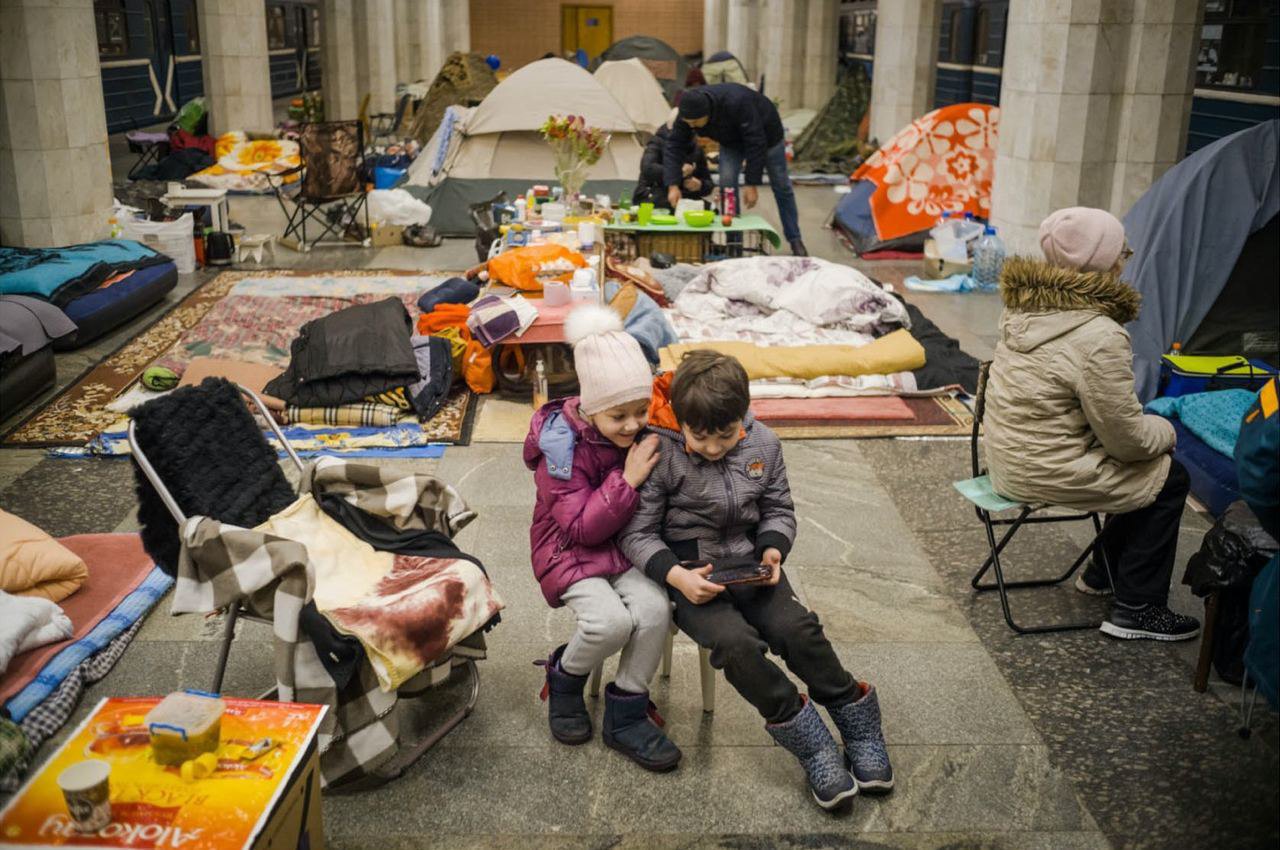
No one is left out.
The larger the community, the higher the responsibility is taken by the local authorities. Of course, it has more opportunities for this. Thus, during the last month, more than 125 thousand citizens passed through Khmelnytskyi. Almost 26 thousand people remained in the community for long-term living. Citizens are accommodated around the clock and free of charge in educational institutions of the City Council, volunteer centers, dormitories of educational institutions, hotels, etc.
In general, in Khmelnytskyi, as in other communities, we try to create comfortable living conditions for IDPs and provide them with all infrastructure needs. Thus, the Deputy Mayor of Khmelnytskyi, Mykhailo Kryvak notes that the priority tasks of the authorities were the receiving IDPs, providing them with free food, clothes, and necessary medical and psychological assistance, and employment. Also, the headquarters of assistance to internally displaced persons was established, and citizens and businesses themselves massively joined the creation of volunteer centers.
According to the Deputy Mayor of Khmelnytskyi, "the whole Khmelnytskyi community treats internally displaced persons with understanding and sympathy. Almost every citizen of the community joined the transfer of funds to charitable accounts. Many of them work in volunteer centers and help to prepare food for the military and IDPs. For the Territorial Defense and the Armed Forces of Ukraine, we collect humanitarian goods and provide assistance. Also, Khmelnytskyi City Council is ready to join the state program of building new housing for IDPs."
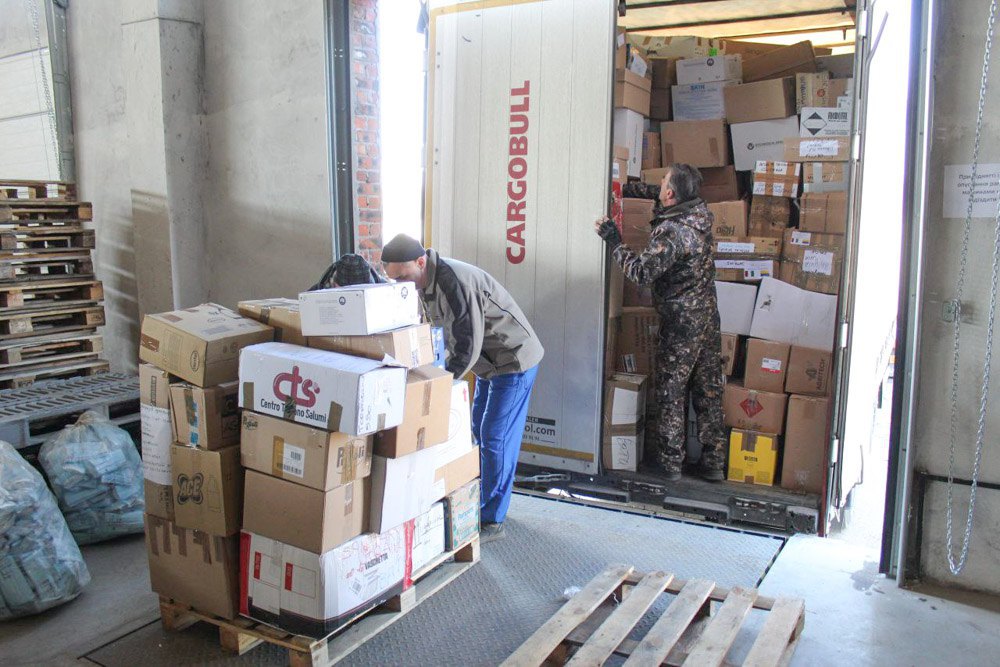
Why do local government bodies remain extremely important in terms of war?
Some experts and People’s Deputies question the functioning of local government bodies in martial law. Some people insist that the local government bodies should be dispersed at all for the duration of the war, and the People’s Deputies have already adopted a draft bill No. 7153 (from the Party "Servant of the People"), which mostly limits the activities of the local government bodies. This is argued by the fact that the local government bodies seem to be ineffective in martial law.
On the one hand, legislators have endued the Heads of Communities, where there are no combat actions, with the right to make decisions solely. In particular, it may be a decision to change the community budget, the formation of new executive bodies in the local council, management of utility property and community enterprises, etc. Also, the communities will be able to promptly make any decisions, as the Verkhovna Rada of Ukraine has suspended certain legal regulatory provisions for the duration of martial law.
On the other hand, all decisions of local government bodies are subject to constant supervision by the military administration. It means that the Heads of Communities become dependent on the Heads of Military Administrations. Even more: if the Head of the Community does not obediently follow all the instructions of the Military Administration, then the local government body in the community will be simply dispersed. Instead, local military administrations will be formed in the settlements.
Obviously, local government bodies are not all-powerful. In order to win the war with russia, all the authorities in our country must work together, smoothly and clearly. Undoubtedly, without direct cooperation and cooperation with state authorities, the local government bodies cannot independently repel the enemy. But they do not even have such powers.
To do this, at the time of martial law, military command and the above-mentioned military administrations were formed at the level of districts and regions. They replaced pre-war district and regional state administrations. Their main task is leadership in the field of defense, public safety, and order on the territory of their respective districts and regions of Ukraine.
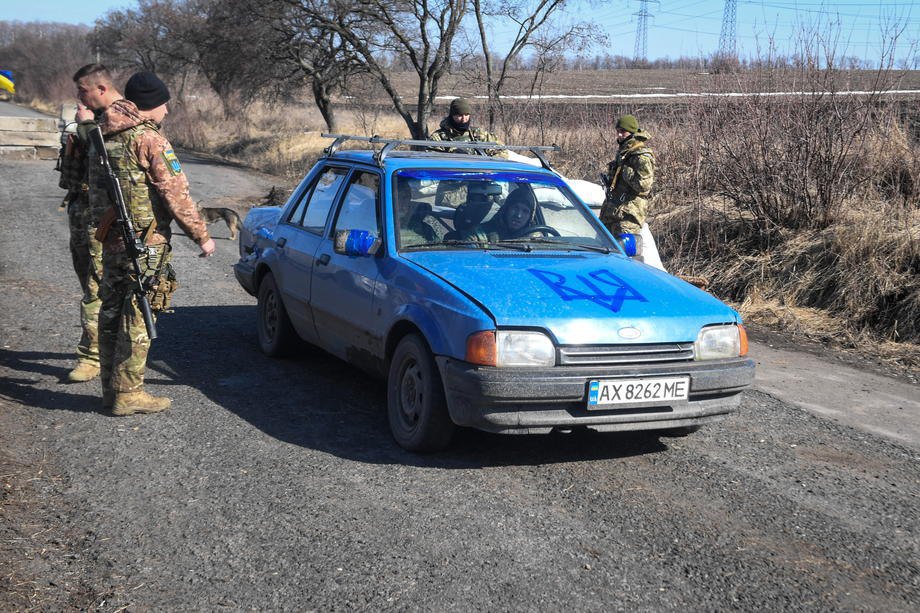
In fact, the local government bodies are very successful in cooperating with military administrations. They clearly fulfill the tasks and responsibilities assigned to them and beat the enemy with a common front. An example is the words of Yurii Bosniuk, the Secretary of Liubeshiv Village Council: "We work very closely with the military administration. Thank God, we have everything set up. The connection is great, we perform all the commands that come. Everyone is adequate: we are heard, and we hear. Accordingly, we organize and quickly perform all commands for the preparation, organization, and protection of our state."
Therefore, accusations of ineffectiveness or ineffectiveness of the local government bodies are groundless. We all see well how local executives work in different communities. How they, together with citizens in the rear and at the front, resist imperial Russia. During a month of full-scale war, local government bodies successfully passed the credit of trust, which was provided by citizens and state institutions.
It may seem that eight years of work for the new local government bodies is a lot. But in fact, this is only the beginning of the path to becoming our strong and democratic state. We saw the rapid development of local government bodies before the full-scale war, and how they increased their financial capacity and began to effectively govern communities. This movement of the local government bodies continues during the time of war. Therefore, we can only imagine how successful the next steps of the local government bodies will be after our joint victory over the enemy.
